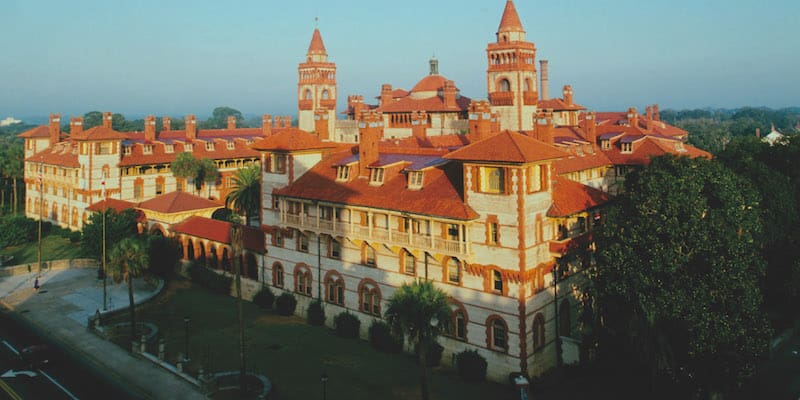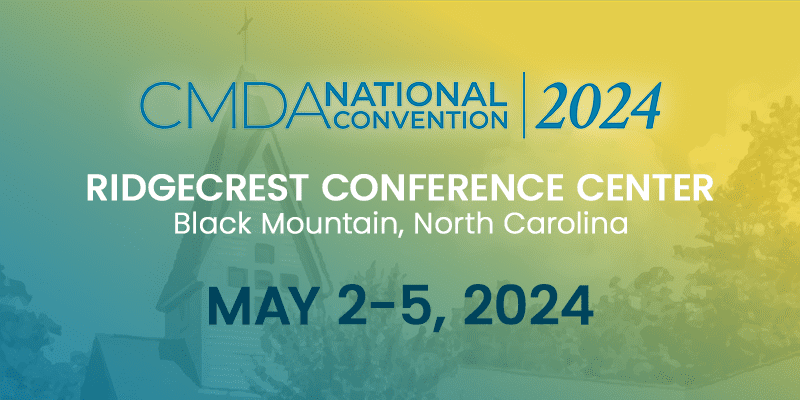
Augustine College West Coast–The Intellectual Roots of Medicine: Whose Evidence? Which Medicine? Beyond Evidence Based Medicine.
REGULAR PRICING:
Physician or other paid professional: $1000
Spouse: $500
Resident: $500
Student: No Charge
Canadian Physician/other: $750
Canadian Spouse: $375
Canadian Resident: $375
Canadian Student: No Charge
EARLY BIRD PRICING:
Physician or other paid professional: $800
Spouse: $400
Resident: $400
Student: No Charge
Canadian Physician/other: $600
Canadian Spouse: $300
Canadian Resident: $300
Canadian Student: No Charge
Overlook the Pacific Ocean from Pepperdine University.
Light breakfast, dessert, snacks, tea and coffee to be provided. Information regarding available hotels will be coming soon.
John Patrick
JOHN PATRICK holds M.B., B.S., M.R.C.P. and M.D. degrees from the University of London and St. George’s Hospital Medical School in London.
In his career as a researcher Dr. Patrick did extensive work on the treatment of childhood nutritional deficiency and related diseases, holding appointments in Britain, the West Indies, and Canada. He lectured at universities in Britain, North America, the former Soviet Union, and Africa. In Zaire/Congo he was particularly concerned to understand the relationship between belief, culture, and the treatment of severe malnutrition. In 2002 he retired from his position as Associate Professor in Clinical Nutrition, Departments of Biochemistry and Pediatrics, at the University of Ottawa.
Since leaving the university he has been President of Augustine College. He speaks throughout the world, both to secular and faith communities, on the integration of faith and medicine, addressing issues of faith, culture, and public policy. His talks and CV are available at johnpatrick.ca. The Christian Medical & Dental Society of Canada and the Christian Medical & Dental Association in the United States also have material from John’s speaking engagements.
John and Sally Patrick also manage the Hippocratic Registry. John often addresses the issues of sanctity of life, abortion, and euthanasia or Physician Assisted Suicide (see hippocraticregistry.com).
Timothy A. Stratton
Tim was in youth ministry for fifteen years. He started as an intern in Santa Cruz, California, then went on to work for Youth For Christ, Navigators, and eventually worked as a youth pastor for nearly ten years in the Evangelical Free Church in Kearney, Nebraska. He saw first-hand how the lies of “new atheists” were impacting young impressionable minds of his students. This led Tim to devote his life to answering “tough” questions about God and Christianity. As a result Tim founded FreeThinking Ministries in 2015.
Tim pursued his undergraduate studies at the University of Nebraska-Kearney (B.A. 1997) and after working in full-time ministry for several years went on to attain his graduate degree from Biola University (M.A. 2014). More recently, Tim earned his Doctorate in Systematic Theology from North-West University (Ph.D. 2020). His doctoral work is primarily focused on demonstrating God’s middle knowledge and mankind’s libertarian freedom (“Mere Molinism”), and how this view has apologetic significance.
John Robson
John serves as the Executive Director of the Climate Discussion Nexus, documentary filmmaker, National Post columnist, contributing editor to the Dorchester Review, and commentator-at-large with News Talk Radio 580 CFRA in Ottawa is also an adjunct professor at Augustine College.
He holds a B.A. and M.A. in history from the University of Toronto and a Ph.D in American history from the University of Texas at Austin.
He has worked in academia, think tanks and politics as well as doing print, radio and television journalism in Canada. He produced and hosted the documentary The Great War Remembered for Sun News Network in 2014 and crowdfunded the documentary and companion book Magna Carta: Our Shared Legacy of Liberty in 2015 and A Right to Arms in 2016, and the documentaries True, Strong and Free: Fixing Canada’s Constitution in 2016 and The Environment: A True Story in 2017.
He lives in Ottawa.
Shane Caldwell
Shane earned his PhD in experimental physics at The University of Chicago in 2015. The day after his defense, he moved by car to Berkeley, CA, to join a quantum computing startup called Rigetti Computing. There he has helped build the Rigetti lab from scratch, deployed the world’s largest quantum computer (19 qubits) to the internet in 2017, and become a software engineer and manager. He is now Director of Internal Software at Rigetti and responsible for the software infrastructure supporting quantum processor design, manufacturing, and calibration. Prior to his PhD, he was an Augustine College student.
Jason Baehr
Jason is a professor in the philosophy department at Loyola Marymount University in Los Angeles, where he began teaching in 2003. He received his Ph.D. in philosophy from the University of Washington in Seattle in 2002 under the supervision of Laurence BonJour.
His main areas of research are epistemology and virtue theory, especially virtue epistemology. He teaches and writes about questions such as: What’s valuable from an epistemic point of view? To what extent does the quality of a person’s thinking depend on the quality of her character? How are volition and agency related to epistemic achievement? What’s the nature of epistemic goods like knowledge, understanding, and wisdom? How should we conceptualize intellectual virtues like curiosity, intellectual humility, intellectual courage, and open-mindedness? Which qualities are intellectual vices and why? Are we responsible for our intellectual virtues and vices? How are intellectual virtues related to moral virtues? How can philosophical theories of intellectual virtue be applied to practical or professional contexts such as education and public discourse?
His first book on virtue epistemology, The Inquiring Mind: On Intellectual Virtues and Virtue Epistemology, was published in 2011 by Oxford University Press. From 2012-2015, he directed the Intellectual Virtues and Education Project, which was funded by a grant of over $1 million by the John Templeton Foundation, and involved the application of virtue epistemology to educational theory and practice. In connection with this project, he helped found the Intellectual Virtues Academy of Long Beach, a charter middle school in Long Beach, CA, and edited Intellectual Virtues and Education: Essays in Applied Virtue Epistemology, published by Routledge in 2016. More recently, he’s written a book for teachers titled Deep in Thought: A Practical Guide to Teaching for Intellectual Virtues (Harvard Education Press, 2021). He’s currently working on a second monograph in theoretical virtue epistemology titled Inquiry & Agency: A Theory of Intellectual Virtues and Vices (under contract with Oxford University Press). For a list of his publications see here.
Greg Ganssle
Greg has been thinking about the intersection of Christian faith and contemporary scholarship for over thirty years. He began as an undergraduate by skipping his classes and reading C.S. Lewis. After graduating from the University of Maryland in 1978, he worked in campus ministry on a variety of campuses. Hundreds of conversations with students from a wide variety of religious and philosophical perspectives drove him to a sustained self-study program. Eventually it occurred to him that he was reading philosophy. Since he had escaped college without taking a philosophy course, he decided to begin with Philosophy 101 at the age of 25. Within weeks he was hooked. Continuing to juggle his full-time campus ministry responsibilities, he earned a Master of Arts in Philosophy from the University of Rhode Island in 1990. He then went full time and earned his doctorate in philosophy from Syracuse University in 1995, where his dissertation on God’s relation to time won a Syracuse University Dissertation Award. In addition to publishing nearly three dozen articles, chapters and reviews, Greg has edited two books, God and Time: Four Views (IVP, 2001) and God and Time: Essays on the Divine Nature (Oxford, 2002 – with David M. Woodruff). Greg is also the author of Our Deepest Desires: How the Christian Story Fulfills Human Aspirations (IVP, 2017), Thinking about God: First Steps in Philosophy (IVP, 2004) and A Reasonable God: Engaging the New Face of Atheism (Baylor University Press, 2009). Greg was part-time lecturer in the philosophy department at Yale for nine years and a senior fellow at the Rivendell Institute at Yale. Greg’s research interests lie in contemporary philosophy of religion and history of philosophy. Greg has been married to Jeanie since 1985 and have 3 children.
This will be available soon.





